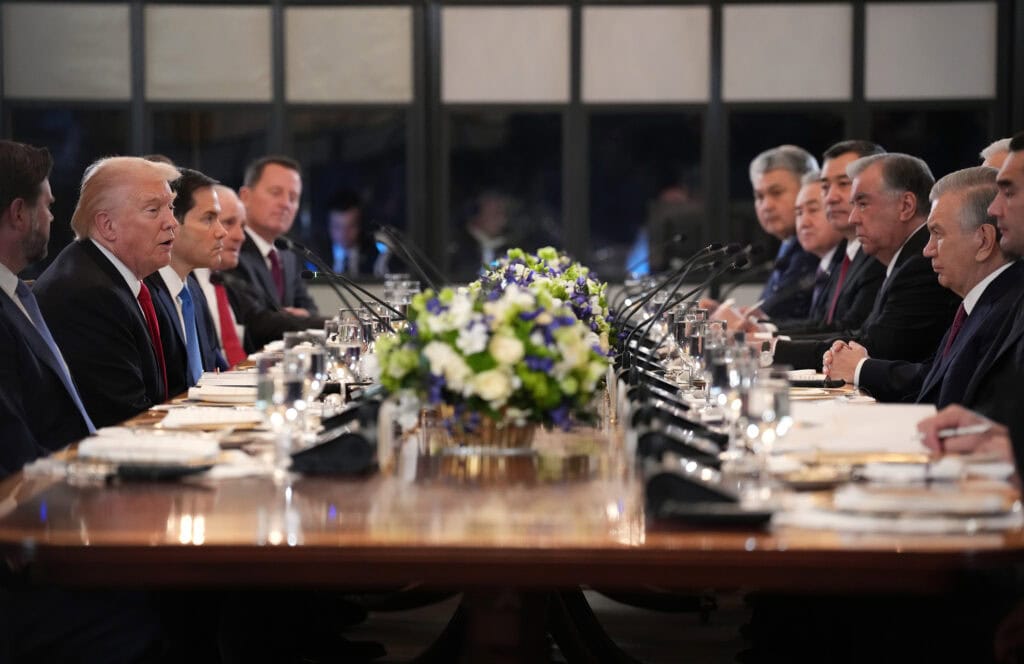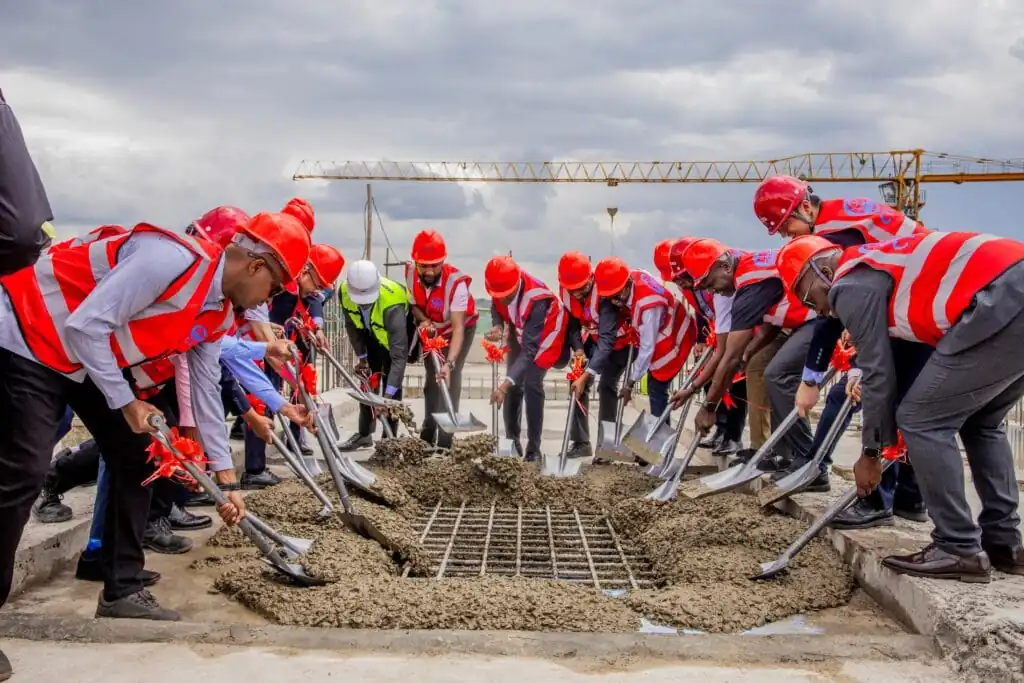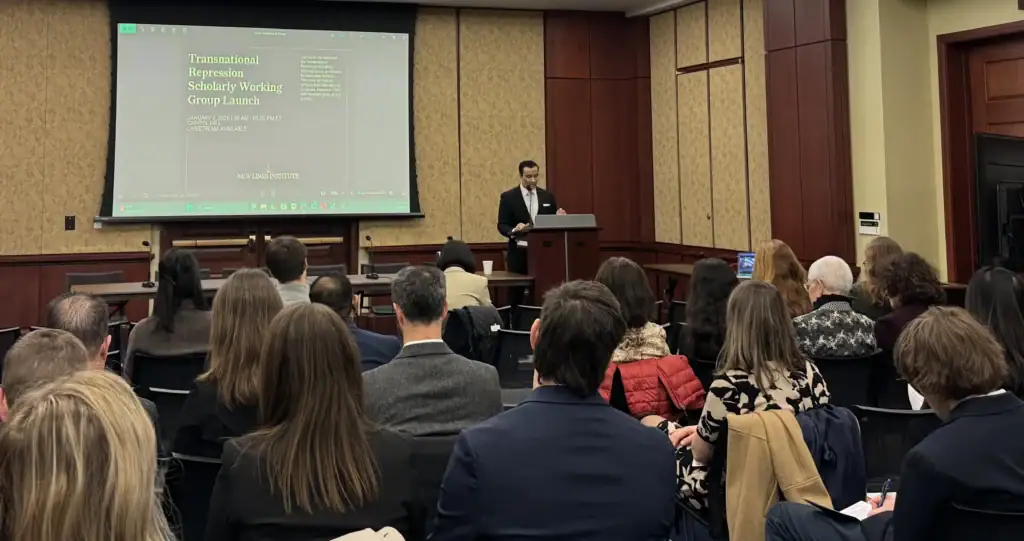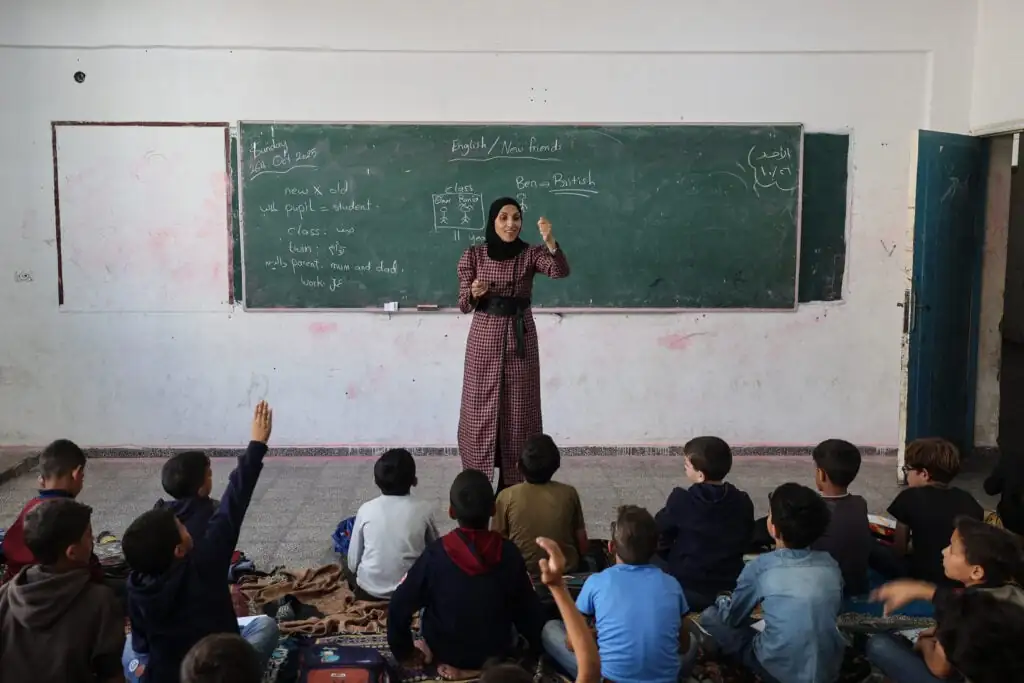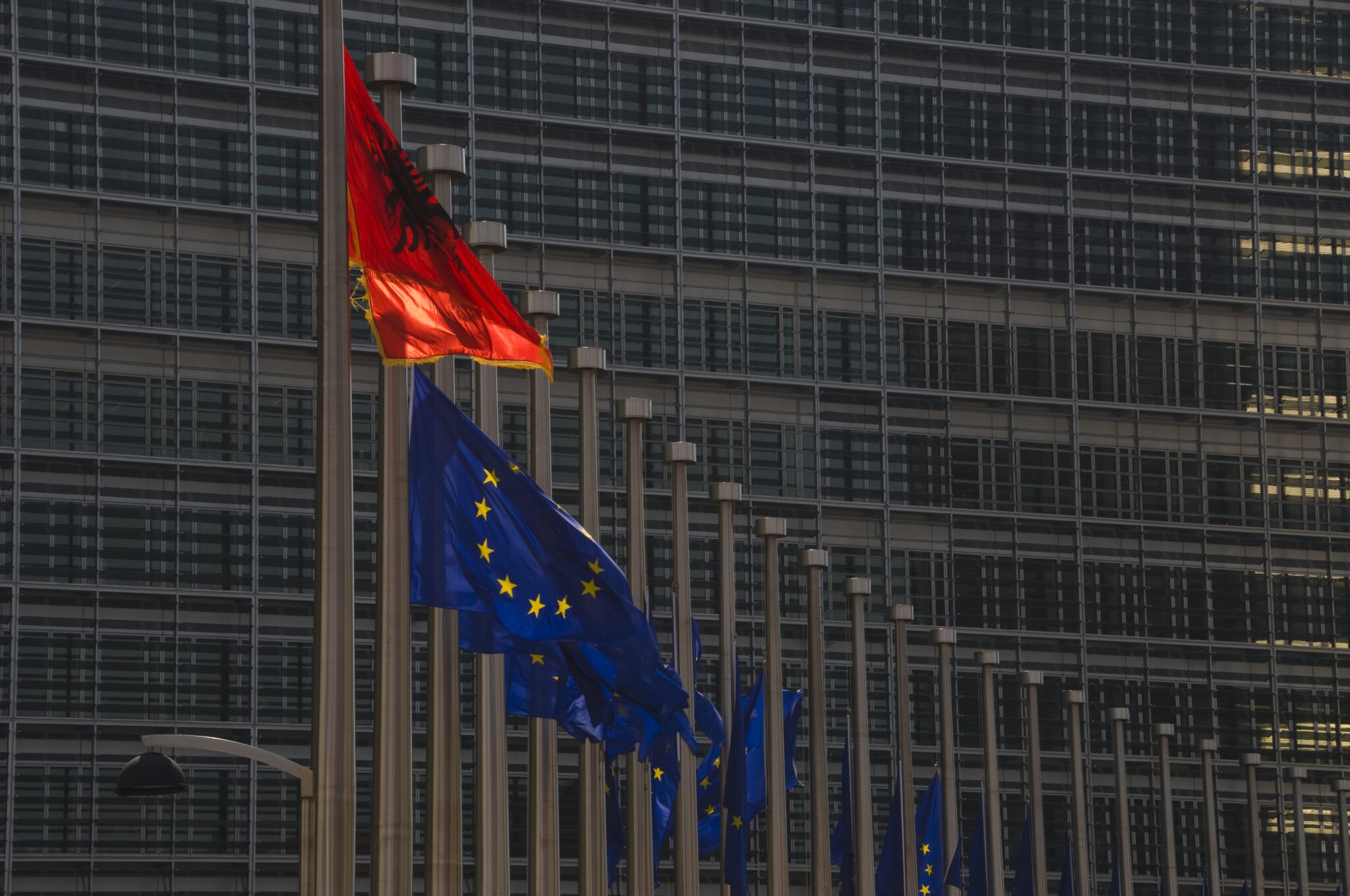
From a European Community Enthusiast To EU Membership
This report is part of the larger anthology “Insights into Albania: Internal Struggles and Geopolitical Challenges in the Western Balkans”
Read the report here
Read the full anthology here
Albania’s journey toward European Union membership has been long and complex. The signing of the Stabilization and Association Agreement (2006), the achieving of candidate status (2014), the opening of accession negotiations (2022), and the ending of the screening process (2023) have been some of the milestones along the way.
Delays often were linked to the need for comprehensive reforms, particularly in the areas of rule of law, good governance, and anticorruption. Since it first became a democratic country, Albania has held aspirations of greater Euro-Atlantic integration, with NATO and EU membership as its ultimate goals.
Albania realized one goal by joining NATO in 2009. Today, it remains actively engaged in the negotiation process toward its ambitions for EU membership with two opened clusters, as it works to align its institutions and policies with EU standards in hopes of eventually becoming a full member in 2030. Under these auspices, Prime Minister Edi Rama is running for a fourth mandate in the May 2025 elections.
The views expressed in this article are those of the author and not an official policy or position of New Lines Institute.

